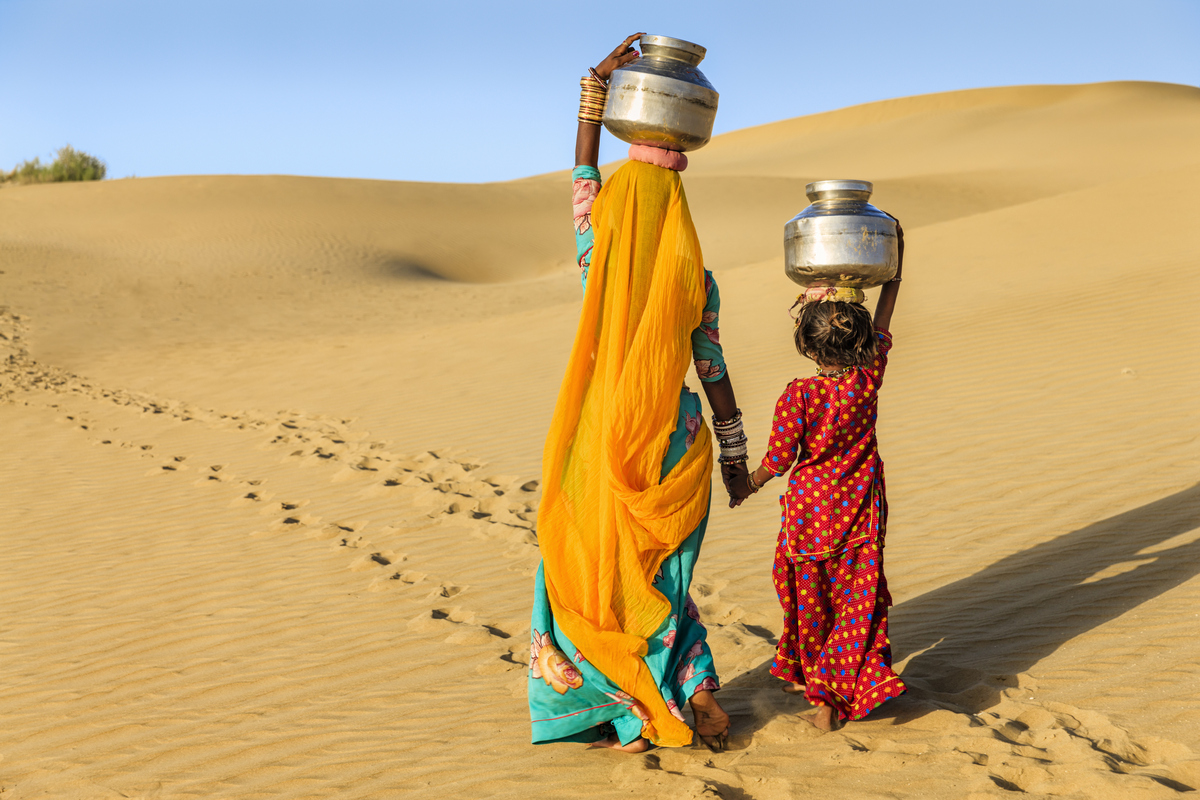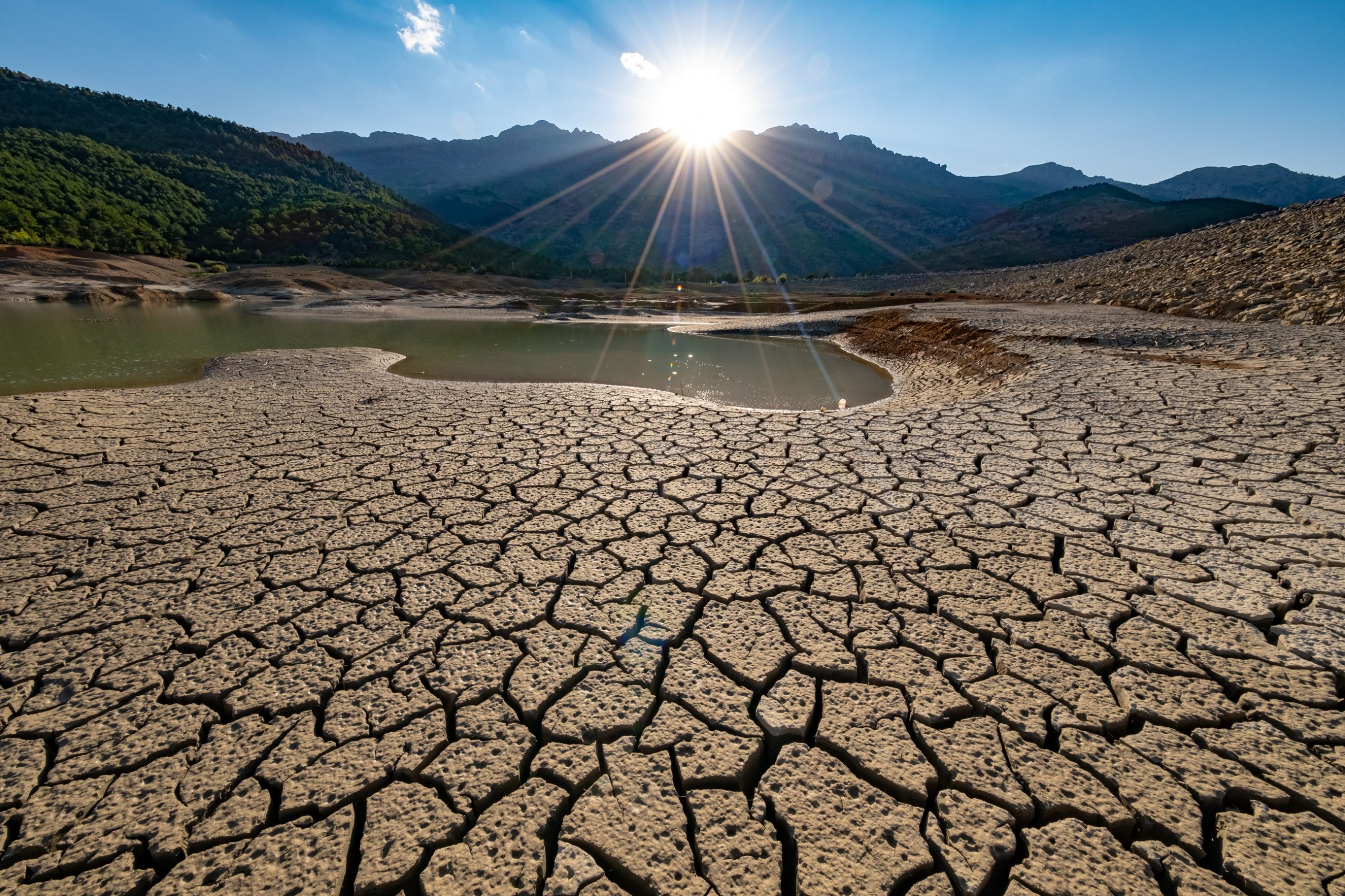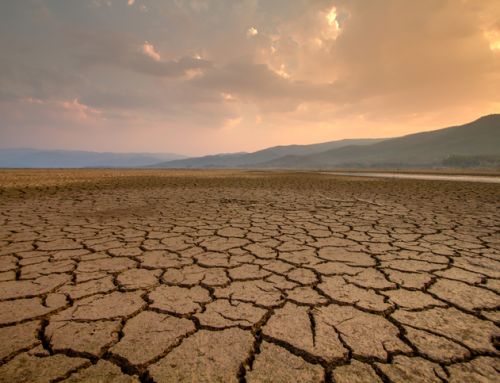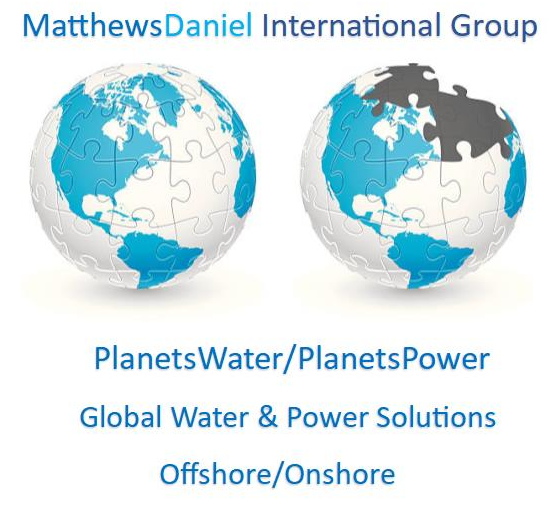The Ever Increasing Global Water Shortage
Water scarcity is a critical global issue that poses severe challenges to communities, ecosystems, and economies across the world. As the global population continues to grow and climate change exacerbates the problem, water scarcity is becoming increasingly dire. This report presents a fact-based analysis of the ever-increasing worldwide water scarcity crisis, highlighting the devastating impacts and urgent need for comprehensive solutions.
Dwindling Freshwater Resources
Population Growth: The global population is projected to reach 9.7 billion by 2050, increasing the demand for freshwater resources. This population growth intensifies the pressure on already strained water sources.
Climate Change: Rising temperatures, altered precipitation patterns, and more frequent and severe droughts are directly linked to climate change. These factors reduce the availability of freshwater resources in many regions.
Over-extraction: In various parts of the world, excessive extraction of groundwater and surface water for agriculture, industry, and domestic use is depleting freshwater sources faster than they can be naturally replenished.
Impact on Agriculture
Crop Failure: Water scarcity disrupts agriculture, leading to crop failures, reduced yields, and food insecurity. Many regions heavily dependent on irrigation face heightened risks.
Economic Losses: Water scarcity in agriculture can result in substantial economic losses, affecting the livelihoods of millions of farmers and exacerbating global food price volatility.
Consequences for Ecosystems
Biodiversity Loss: Reduced water availability disrupts aquatic ecosystems, leading to habitat loss and the decline of freshwater species. It also threatens the availability of ecosystem services vital for human well-being.
Wetland Degradation: Wetlands, which play a crucial role in water purification and flood mitigation, are under threat due to water scarcity, resulting in downstream consequences.
Social and Health Impacts
Waterborne Diseases: In areas with limited access to safe water, waterborne diseases such as cholera, dysentery, and typhoid become more prevalent, disproportionately affecting vulnerable populations.
Migration and Conflict: Water scarcity can lead to forced migration and conflicts over limited water resources, exacerbating political instability and humanitarian crises.
Economic Challenges
Increased Costs: Industries reliant on water for production and cooling face increased costs due to water scarcity, affecting their competitiveness and profitability.
Infrastructure Investment: Governments and municipalities must invest heavily in water infrastructure to meet the rising demand, diverting resources from other critical sectors.











